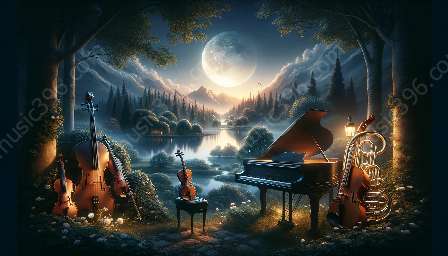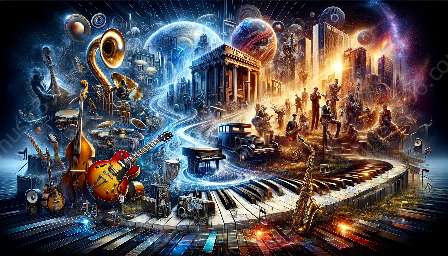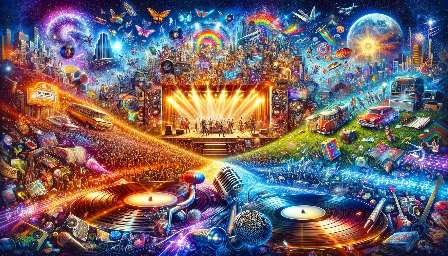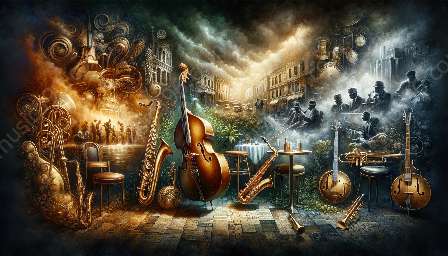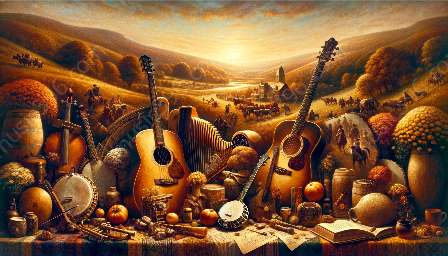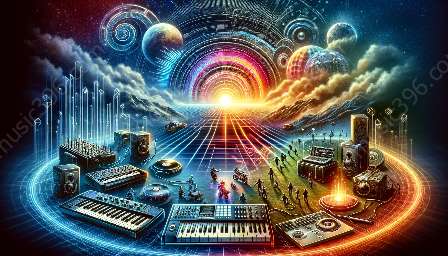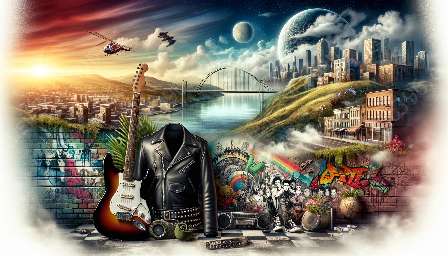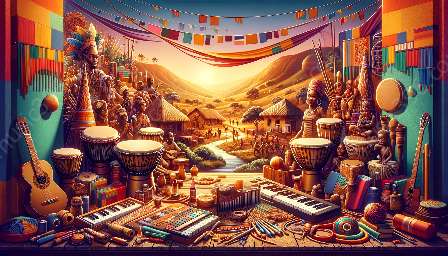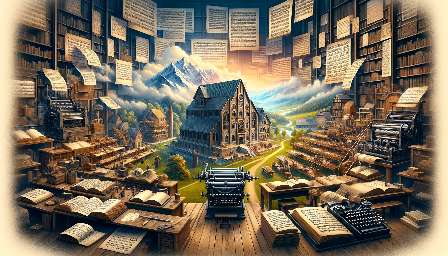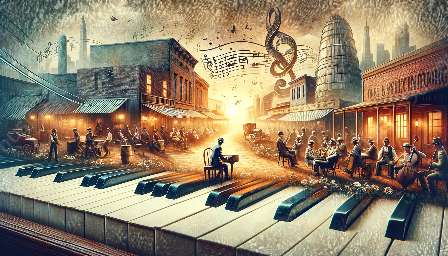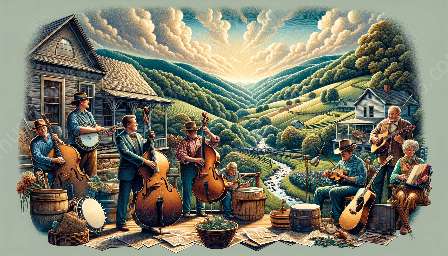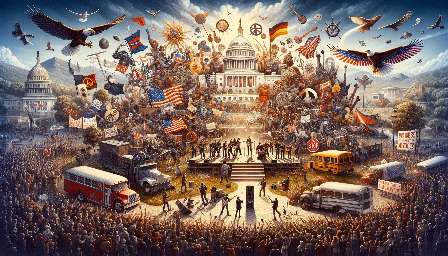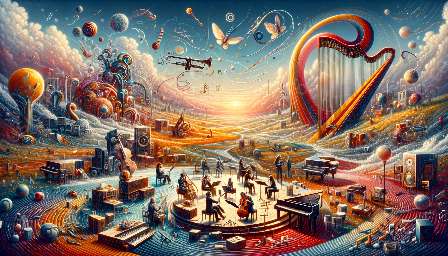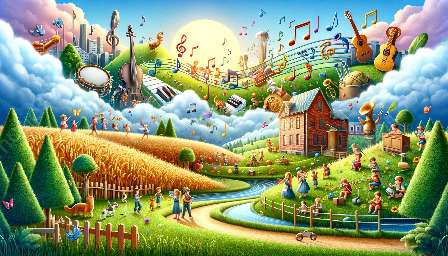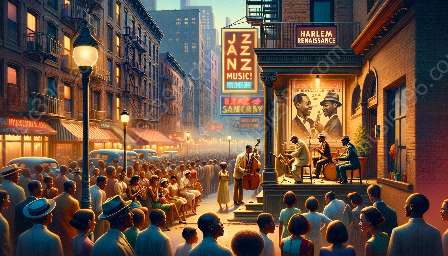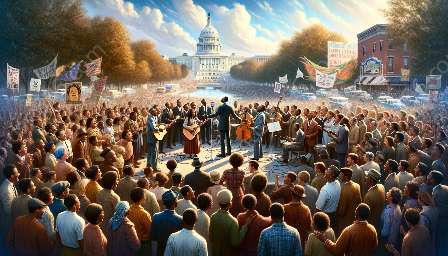Politics and social movements have played a significant role in shaping the history of musicals and music. This influence has impacted creative expression, cultural representation, and the evolution of musical genres. In this topic cluster, we will explore the intriguing connections between politics, social movements, and the development of musicals and music.
The Impact of Politics on Musical Themes
Music and musicals have served as powerful platforms for political expression and commentary. Throughout history, composers and lyricists have used their craft to address political issues, advocate for social change, and critique governmental policies. For instance, during the civil rights movement in the United States, musicals such as 'West Side Story' and 'Hair' reflected the struggles and aspirations of minority communities, leading to a greater awareness of social injustice and inequality.
Similarly, political events such as wars, revolutions, and socio-political reforms have influenced the thematic content of musical productions. Whether through protest songs, anthems of solidarity, or patriotic compositions, musicals have captured the zeitgeist of their times and mirrored the prevailing political sentiments.
Evolution of Cultural Representation in Musical Productions
Politics and social movements have also driven changes in cultural representation within musicals. The diversification of casting, storytelling, and musical styles has been deeply impacted by societal shifts and political advocacy. From the inclusion of LGBTQ+ characters and storylines to the incorporation of global influences in music, the evolution of cultural representation in musicals reflects the changing landscape of social attitudes and political ideologies.
Moreover, political movements advocating for the rights of marginalized communities have inspired musicals that celebrate diversity, promote inclusivity, and challenge traditional norms. As a result, audiences have witnessed the emergence of groundbreaking productions that confront issues of identity, equality, and human rights, amplifying the voices of underrepresented groups.
Influence of Social Movements on Musical Genres
Social movements have also left an indelible mark on the evolution of musical genres. From jazz to rock, hip-hop to reggae, various music styles have been shaped by the cultural revolutions and societal upheavals sparked by social movements. For instance, the civil rights era fueled the rise of politically charged songs that became anthems for activism and resistance, showcasing the powerful connection between music and social change.
Furthermore, the influence of social movements on musical genres can be observed in the fusion of diverse musical traditions, the emergence of protest music, and the amplification of voices at the forefront of social justice causes. This fusion has not only enriched musical diversity but has also empowered artists to use their platforms to address pressing social issues and unite communities through shared musical experiences.
Legacy of Political and Social Influences in Musical History
The enduring legacy of political and social influences in the history of musicals and music is a testament to the enduring impact of these forces. As music continues to be a channel for expressing and responding to political and social dynamics, it serves as a historical record of movements, struggles, and triumphs. Moreover, this interplay between politics, social movements, and musical creativity reinforces the interconnectedness of cultural expression and societal transformation.
Overall, the influence of politics and social movements on the history of musicals and music is a rich tapestry that reflects the power of art to shape, reflect, and respond to the world around us. By understanding these dynamics, we gain insight into the multifaceted connections between creative expression, political advocacy, and societal change.





